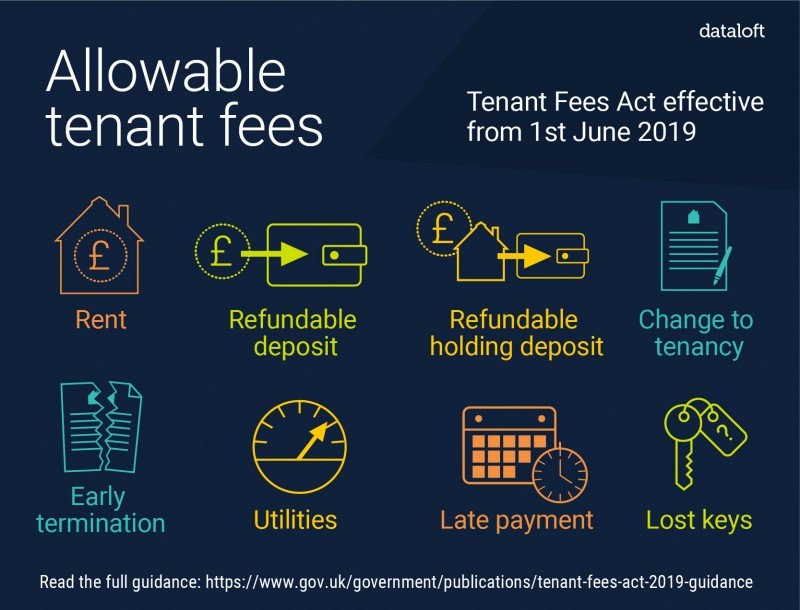| Day | Opening Hours |
|---|---|
| Monday | 8:30am - 6pm |
| Tuesday | 8:30am - 6pm |
| Wednesday | 8:30am - 6pm |
| Thursday | 8:30am - 6pm |
| Friday | 8:30am - 6pm |
| Saturday | 9:00am - 3pm |
The tenant fee ban became the law on the 1st June 2019 and now means that upfront fees cannot be charged to tenants for drawing up tenancy agreements, referencing, right to rent checks or inventory check-ins and outs. Read more about the new legislation here:

The Tenant Fees Bill became the law on 1st June 2019 and it abolished most upfront fees for tenants in England and cap security deposits at the equivalent of five weeks’ rent where the annual rent is less than £50,000. The cap is still six weeks’ rent where the annual rent exceeds £50,000. So what does this mean to you?
This is usually paid monthly in advance of the tenancy, sometimes a tenant may ask to pay for a longer period, this is still permissible.
Reserved for any damages or defaults on the
part of the tenant & capped at no more than five weeks’ rent
A refundable payment provided in goodwill to reserve a property & capped at no more than
one weeks’ rent
Payments to change details of the tenancy when requested by the tenant & capped at
£50 (inclusive VAT), or reasonable costs incurred if higher
Payments associated with early termination of the tenancy, only when requested
by the tenant
Payments in respect of utilities, communication services and council tax
Payments arising from a default by the tenant, such as replacing a lost key
Additional deposits for having a pet in the property cannot be taken, however, a Landlord can negotiate a higher rental amount to cover a pet living at the property and this would be negotiated in advance with the tenant.
Read the full guidance: https://www.gov.uk/government/publications/ tenant-fees-act-2019-guidance